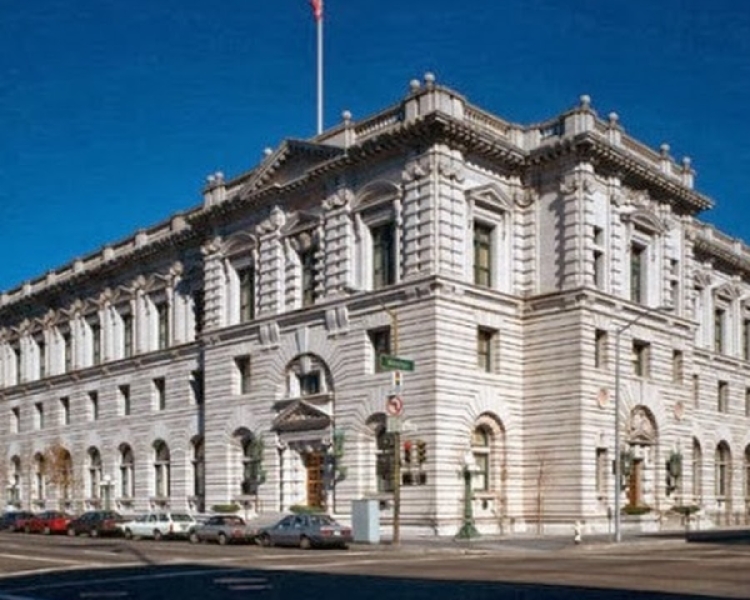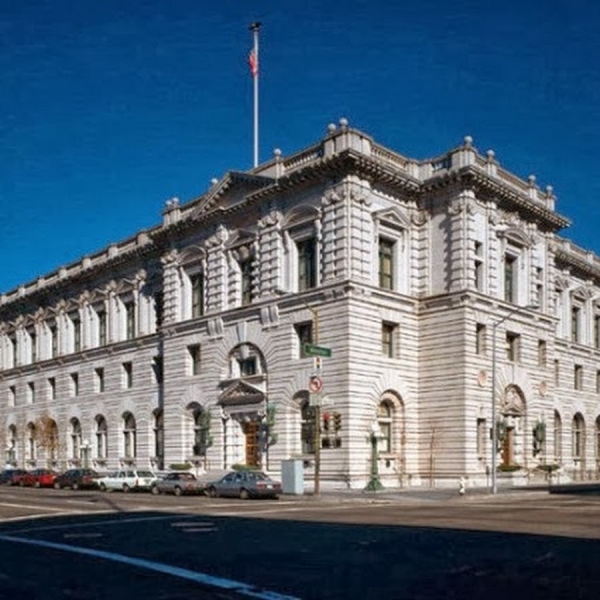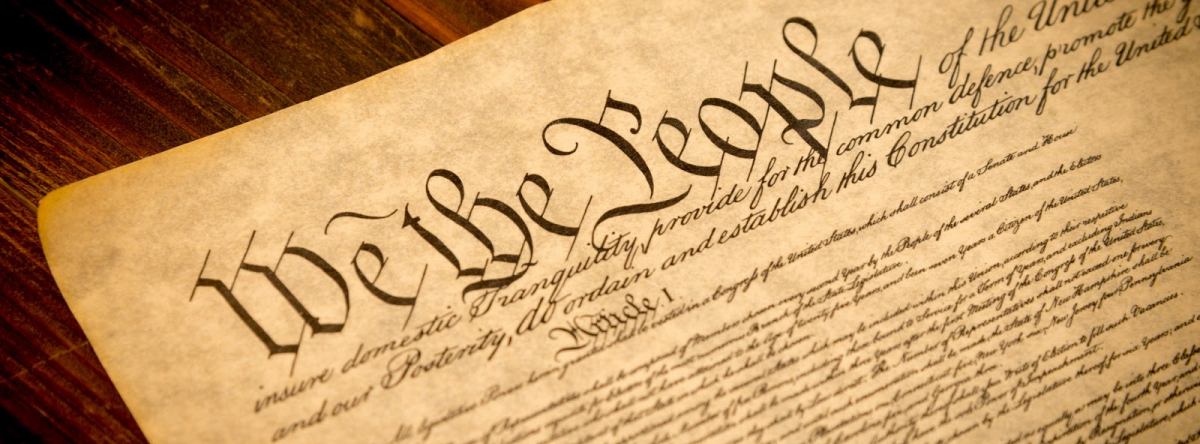On Aug 20, the Ninth Circuit Court of Appeals granted the Public Interest Legal Foundation's (PILF) motion to file an amicus brief in the RNC's "Late Ballot" case against the Nevada Secretary of State. This case is significant and could impact many states, including Washington. The case, Republican National Committee v. Burgess, supports the principle that ballots arriving after Election Day should not be counted under federal law.
The RNC is challenging Nevada's law allowing mail ballots received up to four days post-election (if postmarked by Election Day) to be counted.
PILF’s brief highlighted changes in Florida’s elections processes; the critical role of Florida’s mail ballot acceptance policy in transforming its electoral system from a model of inefficiency to a benchmark of excellence in timeliness and accuracy. FL’s policy that does not accept mail ballots after Election Day has played a pivotal role in enhancing the integrity, efficiency, and public trust in its electoral processes. Florida’s policy aligns with best practices in election management and serves as a valuable model for other jurisdictions, including Nevada.
CONTEXT:
The RNC, the Nevada GOP, and a Nevada voter's May 23, 2024, lawsuit was dismissed by a U.S. District Court Judge on July 17, 2024, for lack of standing, and the RNC appealed to the 9th Circuit.
The RNC’s lawsuit argues that Nevada’s law (NRS 293.269921) allowing late-arriving ballots (up to 4 days after election day) undermines federal election integrity standards and violates the “Time of Election” - Law (2 U.S.C. § 7).
PILF’s involvement suggests a broader interest in stricter election rules, as they often successfully advocate for voter roll purges and restrictions on mail-in voting, winning cases in Illinois, Maine, and all across the country.
9th Circuit Oral Arguments are scheduled for October 22, 2025, at 9 am, where the 9th Circuit will hear arguments from both sides.
In its amicus brief, filed November 27, 2024, PILF argued that state laws allowing ballots to arrive up to four days after Election Day conflict with the mandate that the “Day” in Election Day be definitive under federal law.
“Elections drag on for days and even weeks because of how states count mail ballots. When states allow mail ballots to roll in days after Election Day, results are delayed. Not only does this policy lead to delayed results, but it also violates federal law. We need to restore the rule of law and put the ‘day’ back in Election Day,” said PILF President J. Christian Adams.
Federal law (2 U.S.C. § 7) requires a single national Election Day to be held on “the first Tuesday after the first Monday in November of every even-numbered year.” In fact, every mention of Election Day in federal law is singular, not plural.
The United States Court of Appeals for the Ninth Circuit has appellate jurisdiction over the U.S. district courts for nine western states: Alaska, Arizona, California, Hawaii, Idaho, Montana, Montana, Nevada, Oregon and Washington.
[undefined]
Many states currently accept mail-in ballots arriving after Election Day, typically with a postmark requirement, including:
Alaska: Accepts ballots up to 10 days after Election Day if postmarked by Election Day.
California: Accepts ballots up to 7 days after Election Day if postmarked by Election Day.
District of Columbia: Accepts ballots up to 7 days after Election Day if postmarked by Election Day.
Illinois: Accepts ballots up to 14 days after Election Day if postmarked by Election Day.
Iowa: Accepts ballots up to 6 days after Election Day if postmarked by the day before Election Day.
Kansas: Accepts ballots up to 3 days after Election Day if postmarked by Election Day.
Maryland: Accepts ballots up to 10 days after Election Day if postmarked by Election Day.
Nevada: Accepts ballots up to 7 days after Election Day if postmarked by Election Day.
New Jersey: Accepts ballots up to 7 days after Election Day if postmarked by Election Day.
New York: Accepts ballots up to 7 days after Election Day if postmarked by Election Day; ballots without a postmark are accepted if received by the day after Election Day.
North Carolina: Accepts ballots up to 7 days after Election Day if postmarked by Election Day.
North Dakota: Accepts ballots up to the day before the county canvass (typically about 13 days after Election Day) if postmarked by the day before Election Day.
Ohio: Accepts ballots up to 7 days after Election Day if postmarked by the day before Election Day.
Utah: Accepts ballots up to the county canvass (7-14 days after Election Day, depending on the county) if postmarked by the day before Election Day.
Washington: Accepts ballots up to the certification date (about 21 days after Election Day) if postmarked by Election Day.
West Virginia: Accepts ballots up to 5 days after Election Day if postmarked by Election Day.
Virginia: Accepts ballots up to 3 days after Election Day if postmarked by Election Day.
Oregon: Accepts ballots up to 7 days after Election Day if postmarked by Election Day.
Texas: Accepts ballots up to 1 day after Election Day if postmarked by Election Day.
Colorado: Accepts ballots up to 7 days after Election Day if postmarked by Election Day.
POTENTIAL OUTCOMES:
If the 9th Circuit rules in favor of the RNC on the merits, it would affirm that ballots must be received by Election Day to be valid. Nevada (and potentially other states like Washington with similar laws) may be prohibited from counting ballots received after Election Day, which could impact election administration.
If the 9th Circuit rules against the RNC on the merits, this would create a “Circuit Split” with the 5th Circuit, which previously ruled against counting late ballots. A circuit split increases the likelihood of the case being taken up by the U.S. Supreme Court, as SCOTUS often steps in to resolve conflicting circuit court rulings, especially on matters of election law.
A ruling could impact the 2026 midterm elections and beyond.
OF NOTE:
Georgia’s Supreme Court ruled in 2024 that ballots must be received by Election Day, reversing earlier extensions in some counties. The decision was part of a broader legal battle involving the RNC and the Georgia GOP.
Mississippi Case: A 2024 5th Circuit federal appeals court ruling declared it illegal for states to count ballots received after Election Day, specifically challenging Mississippi’s 5-day grace period.
By enforcing a true Election Day, the Ninth Circuit would also reaffirm the Rule of Law. “Election Season” in many states would shorten dramatically to be more in line with states like FL. FL has a population of over 23M people, and does not have a problem counting all its ballots and showing the results on Election Day.
Florida employs a robust voting system with early voting and mail-in ballots.
The state has a well-established process for ballot counting and verification.
Election officials are trained to handle large volumes of ballots efficiently.
Technology, such as optical scan systems, aids in quick ballot processing.
Florida law mandates that results be reported on Election Night, ensuring transparency.
Let’s hope the 9th Circuit rules in favor of Federal Law. Federal elections can then once again conclude on one definitive day. What a concept…
Share This Post...











